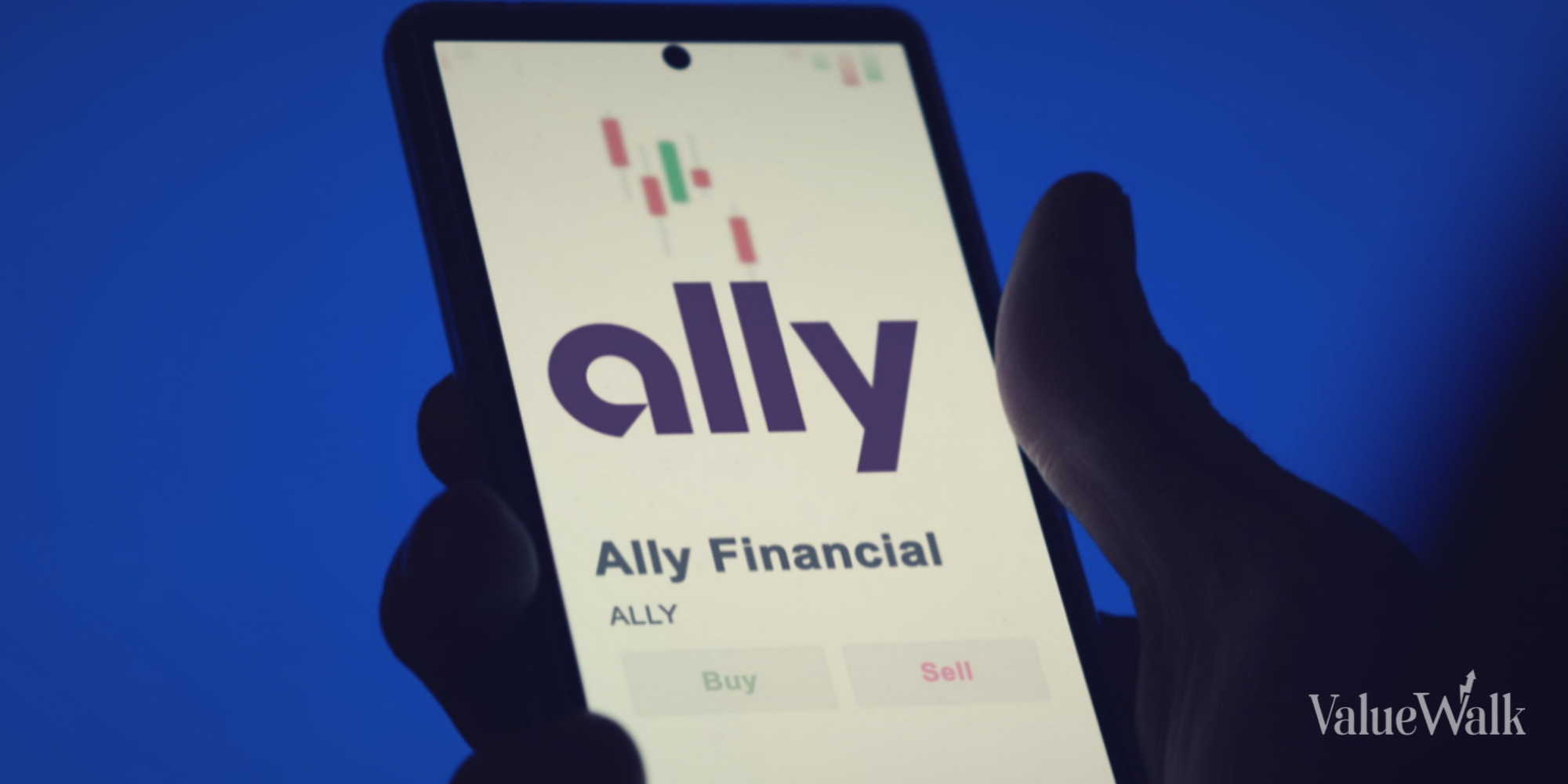Should You Buy Ally Financial After the Earnings Beat?

Many economists and market experts have called 2024 a transition year — a year when the volatility caused by the pandemic begins to subside and things start to return to some semblance of normalcy.
We’ve seen these transitions in corporate America, as companies like PayPal (NASDAQ:PYPL), Morgan Stanley (NYSE:MS), JetBlue (NASDAQ:JBLU), and Discover Financial (NYSE:DFS), to name a few, are all welcoming new CEOs. Now we can add Ally Financial (NYSE:ALLY), an online bank that specializes in auto loans, to that list of companies in transition.
Ally posted its fourth-quarter and 2023 earnings on Friday, and the report shows a company in transition with a couple of major moves afoot. Investors reacted positively to the news, as the firm’s stock price was up by about 9% on Friday.
Selling off its Ally Lending business
The headline news from the earnings report is that Ally beat analysts’ estimates, but its earnings were down significantly year over year.
The bank posted $2.1 billion in revenue in the quarter, down only 4% year over year. However, its net income plummeted 73% year over year to $76 million, or $49 million after dividend payouts.
There were three primary factors that impacted Ally’s earnings, including a roughly $100 million increase in provisions for credit losses, which rose to $597 million. This line item was boosted to account for the greater potential for loan defaults, given the sluggish economic environment that is expected.
Two other expenses were also included in Ally’s “repositioning” line item, which was $130 million higher year over year at $187 million. They included a special assessment by the Federal Deposit Insurance Corp. (FDIC) of $38 million that was levied to shore up the depleted Deposit Insurance Fund after the banking crisis last spring. The line item also included costs related to the just-announced sale of its Ally Lending business. Combined, those two expense items brought down earnings by about $230 million.
Ally Lending, the company’s point-of-sale financing business, was sold to Synchrony (NYSE: SYF). The deal includes $2.2 billion of loan receivables through relationships with nearly 2,500 merchants and 450,000 active borrowers in home improvement services and healthcare.
From Ally’s perspective, the sale does two things. First, it allows it to refocus its strategy and investments around its market-leading auto-lending business. Auto loans and leases account for the vast majority of Ally’s book of business, with mortgages a distant second. Ally Lending made up just a small fraction of its lending business.
Second, the sale will streamline the lender’s expenses and enhance its liquidity, adding approximately a 15-basis-point benefit to its common equity tier 1 ratio, or CET1, which is currently 9.4%. The regulatory requirement for Ally is 7%, so the additional liquidity will provide some extra padding.
CEO Jeff Brown said in the earnings report that the deal will be “modestly accretive to earnings per share and tangible book value. These actions are a continuation of our strategic priorities to invest resources in growing scale businesses and strengthening relationships with consumer and dealer customers.”
New beginnings
The sale of Ally Lending shows that Ally Financial is refocusing its resources on growing and diversifying its “scale businesses,” which would certainly include auto lending. As the company grew out of the old GMAC Bank, which was set up by General Motors (NYSE: GM) in 1919 to finance auto loans, it has a long, successful history in this space.
Ally Financial is also preparing to bring on a new CEO, as Brown leaves the post on Jan. 31 after nine years at the helm. He is taking the CEO job at Hendrick Automotive Group, an automotive retailer and customer of Ally. Starting Feb. 1, he will be replaced on an interim basis by Douglas Timmerman, the current president of dealer financial services at Ally. Timmerman will serve until the board finds a permanent replacement.
Ally Financial’s stock was up by about 9% on Friday, likely on the earnings beat, the news of the sale, and a decent outlook for 2024. The lender’s net interest margin is expected to be in the range of 3.25% to 3.5%, which could end up being higher than the 3.32% margin in fiscal 2023. Additionally, net charge-offs are only expected to climb from 1.36% in 2023 to between 1.4% and 1.5% in 2024.
Ally is highly dependent on what the auto market is doing, and auto sales are expected to be modest, with slow growth anticipated in 2024. Ally is a solid company with a great niche, and its stock is cheap, trading at 8 times earnings. However, despite today’s bump, it probably won’t see a ton of growth in this transition year.

Comments are closed.